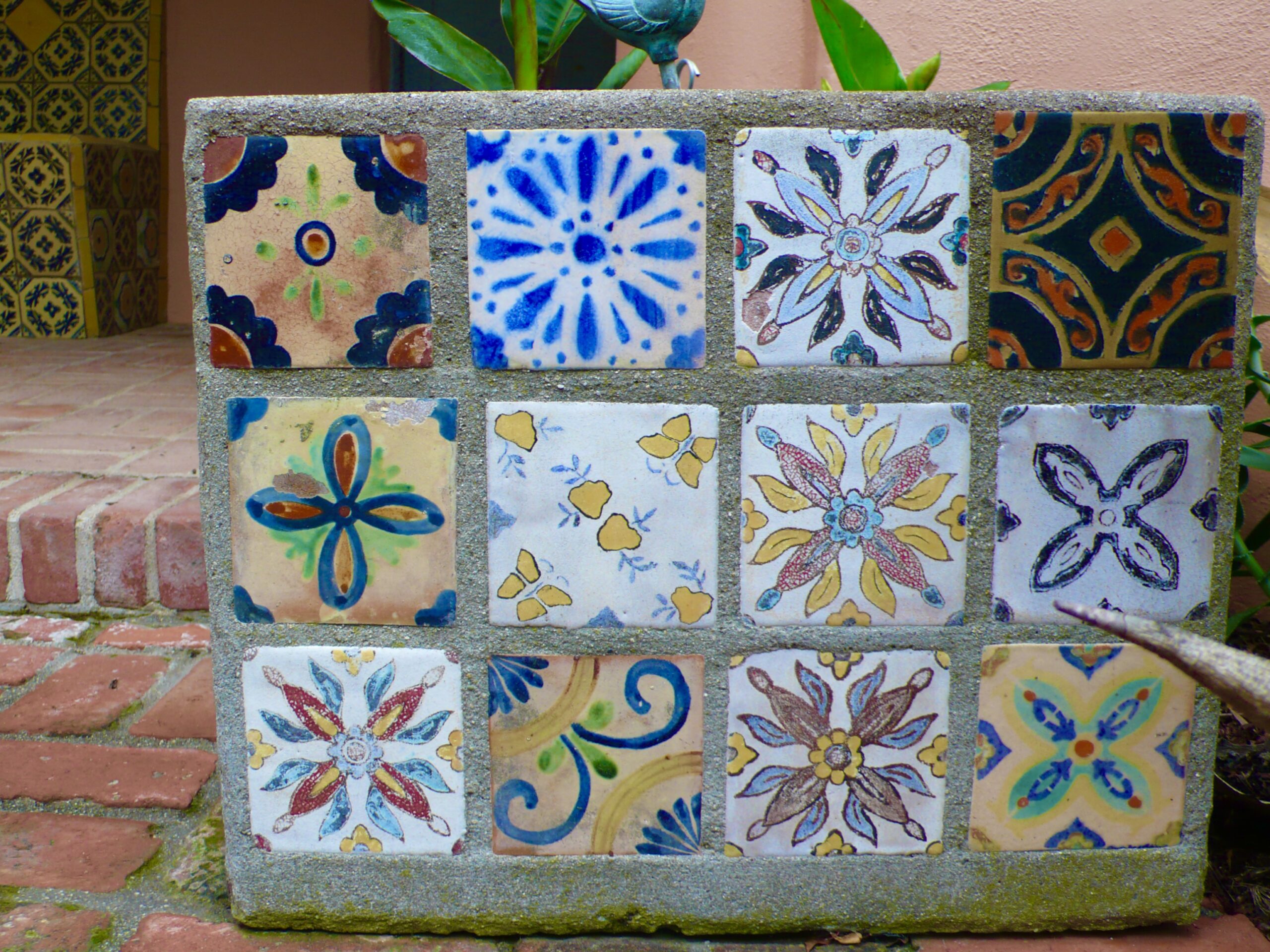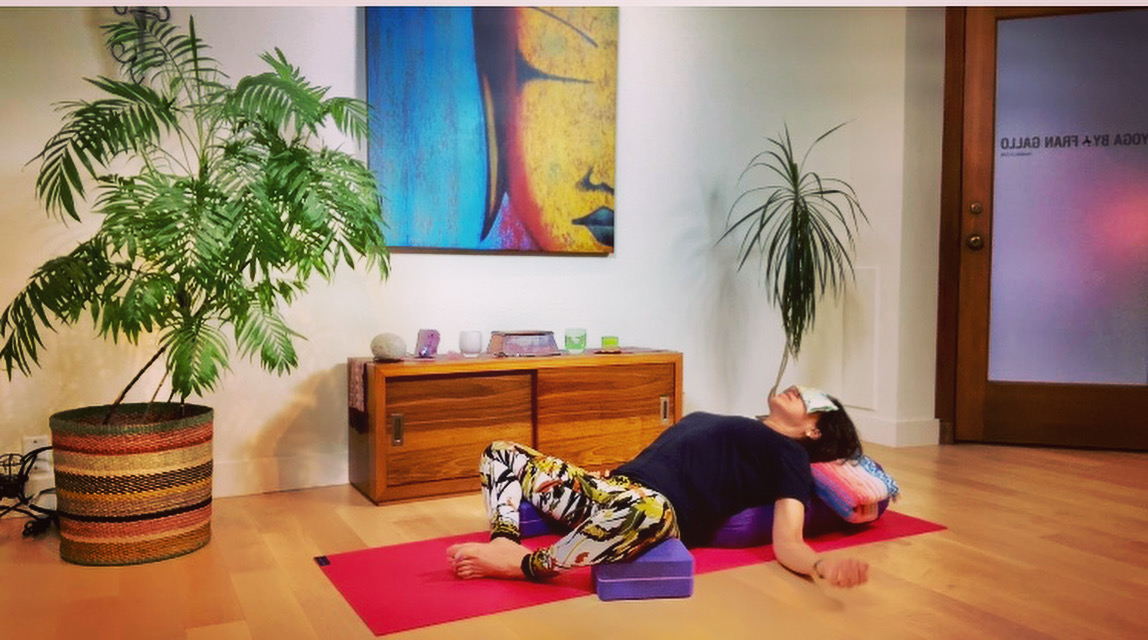Marsha is studying Italian and asked me to send her a list of some Italian films. As I started brainstorming, I realized there are a ton of great Italian films and so this blog entry was born!
Over the years, I have watched so many Italian films. I attended the Italian Film Festival last November and was surprised at how I enjoyed almost every single film shown! Below is a list of my favorite Italian films. I have tried to include only my favorites, so this list is by no means complete! All of of these films (except one and that is noted below) are available on Netflix!
Favorites:
Il Postino: Mario Ruoppolo (Massimo Troisi), the mailman on an Italian island, pines from afar for a beautiful waitress. But when exiled Chilean poet Pablo Neruda (Philippe Noiret) comes to live on the island, Ruoppolo delivers Neruda’s mail and picks up lessons on love, life and poetry. Noteworthy extras in this edition include director Michael Radford’s commentary and a featurette about the real-life Neruda.
The Sicilian Girl: In this taut drama based on a true story, 17-year-old Rita (Veronica D’Agostino) is leading a privileged life when her father and brother are slain by rival Mafiosi. Bent on revenge, she turns to a sympathetic magistrate (Gérard Jugnot) and breaks the code of silence. In her journey from self-centered teenager to fearless advocate for justice, Rita enrages Sicily’s most powerful men, putting her life in jeopardy.
The Keys to the House: After his wife dies giving birth to their mentally and physically handicapped son, Paolo (Andrea Rossi), Gianni (Kim Rossi Stuart) finds he’s unable to cope with his duties as a father. Fifteen years later, he returns to mend his fractured relationship with his son. Rebuilding a bond won’t be easy, but Gianni’s friendship with the mother of a disabled child provides the support he’s been looking for and the tools he needs to make amends.
The Best of Youth (disc 1 and 2): This sprawling drama that originally aired as a miniseries on Italian television sweeps from the 1960s to the 21st century, tracking the journey of two brothers, Nicola (Luigi Lo Cascio) and Matteo (Alessio Boni), who strain their family bond by taking two totally different paths. After traveling, Nicola becomes a successful psychiatrist, while Matteo becomes a policeman intent on catching criminals. But they also wind up at odds politically.
Kaos: Magic, drama, horror and humor are all evoked in this adaptive collection of five tales of Sicilian peasantry, based on short stories by renowned playwright Luigi Pirandello and directed by the acclaimed Taviani brothers. Adhering to the stark sense of realism that is a hallmark of Italian cinema, each vignette examines a varied point of view to convey a sense of understanding and compassion for ordinary people and their extraordinary plights.
Bread and Tulips: A cosseted, unhappy housewife (Licia Maglietta) who’s taken for granted by her philandering, self-centered husband (Antonio Catania) finds bella fortuna when she hitchhikes to Venice and starts to construct a brand-new life for herself. Blossoming with newfound independence, the woman begins a tentative relationship with a lonely, suicidal waiter (Bruno Ganz) that seems to bode well for both of them.
Mid-August Lunch: As the Italian holiday of Pranzo di Ferragosto approaches, cash-strapped Gianni (Gianni Di Gregorio) gets help from his landlord, his friend and his doctor, who offer financial relief in exchange for Gianni looking after their elderly relatives over the holiday. Four mismatched Italian mamas at the same table make for an awkward, hilarious and touching mid-August lunch in this film festival favorite from Di Gregorio, who also writes and directs.
Cinema Paradiso: Giuseppe Tornatore’s Oscar-winning film follows Salvatore, a Sicilian boy who is mesmerized by the movies shown at the local theater. He befriends projectionist Alfredo, who mentors him and ultimately tells him to leave home to pursue his dreams. Now a famous film director, Salvatore returns home for the first time 30 years later for Alfredo’s funeral and is overcome with warm memories of his childhood even as the town has changed.
Padre Padrone: At the tender age of 6, Gavino Ledda (Saverio Marconi) is taken out of school by his abusive father (Omero Antonutti) and forced into the life of a Sardinian shepherd. But his illiteracy and his father’s cruel oppression only spur Gavino to strive for success as a writer and linguist. Packing an emotional punch, this gripping drama — which won multiple awards at the Cannes Film Festival — is based on Ledda’s autobiography.
Mediterraneo: With a sun-burnished Aegean isle as a backdrop, this breezy, escapist comedy (which won an Oscar for Best Foreign Language Film) follows eight misfit Italian soldiers dispatched to defend the remote island during World War II. Next thing you know, the garrison ends up stranded on the seemingly deserted paradise. When the men discover the island’s many charms — including its preponderantly female population — their fighting spirit melts away.
Everybody’s Fine (not available on netflix…there is an American remake of this with Robert DeNiro which I have not seen.. the Italian one I mention here with Marcello Mastrianni is GREAT!)
Golden Door: In this sweeping immigrant’s tale from director Emanuele Crialese, Sicilian widower Salvatore Mancuso (Vincenzo Amato) leaves behind everything he knows to pursue a better life in America at the dawn of the 20th century. With his sons in tow, Mancuso survives the harrowing Atlantic crossing only to suffer more hardship and humiliation on Ellis Island. But along the way, he finds romance with a mysterious Englishwoman (Charlotte Gainsbourg).
Malena: When 12-year-old Renato (Giuseppe Sulfaro) catches a glimpse of beautiful new bride Malèna (Monica Bellucci), his heart skips a beat. But when jealous town busybodies begin spreading vile rumors about her, Renato must incorporate those falsehoods with what he knows to be true. Writer-director Giuseppe Tornatore helms this coming-of-age story — set in Sicily during World War II — which exposes the effect waggish gossip can have.
Respiro: On the island of Lampedusa, near Sicily, life can be as suffocating as it is charming. Grazia (Valeria Golino) is the loving young mother of three children, but, much like the sea surrounding her island, Grazia can also be unpredictable and stormy. Although her free spirit causes talk, Grazia’s husband lovingly stands by her in the face of small-town gossip. But as her behavior becomes more reckless, even her family’s love can’t protect her.
The Night of the Shooting Stars: Set during the waning days of World War II, this resonant Italian allegory unspools through the eyes of a 6-year-old girl (Sabina Vannucchi) who chronicles the exodus from her Tuscan village, the coming of the Allies and the clash between the peasants and the fascists. Omero Antonutti co-stars as Galvano, who leads a small band of refugees into the hills to escape the vindictive Nazis and look for the forces of liberation.
The Way We Laughed: This luminous film from Italian director Gianni Amelio tells the compelling story of two Sicilian brothers displaced in 1950s Turin, Italy. Working-class Giovanni takes any odd job to support his younger, irresponsible brother Pietro and keep him in school. As the economy improves, Giovanni goes against his character and accepts some lucrative yet corrupt deals, while Pietro, now a respectable teacher, attempts to cover for Giovanni.
The Son’s Room: Giovanni, a successful psychoanalyst (Nanni Moretti, who also directs), enjoys a peaceful, happy life with his loving wife (Laura Morante) and their two bright teenagers. But when one son drowns in a diving accident, the family’s tight emotional bond is put to the test — especially for Giovanni, who tortures himself with second-guesses regarding what he might have done to prevent his son’s death.
Good morning Night: In this tragic historical drama, Italian director Marco Bellocchio reenvisions the notorious 1978 kidnapping and eventual murder of Aldo Moro (played by stage actor Roberto Herlitzka), president of the Democrazia Cristiana — the most important political party in Italy at the time. But the real twist in the story is in the way Bellochhio tells it: through the conflicted eyes of one of Moro’s female killers (Maya Sansa).
Christ Stopped at Eboli: Set in the mid-1930s, this film tells the story of Carlo Levi (Gian Maria Volonte), who is exiled to a small Italian village fabled to be the end of the world. There, he learns from the simple villagers, whose salt-of-the-earth character and noble values are new to him. The real-life anti-fascist intellectual Levi eventually comes to terms with his isolation. Irene Pappas plays Giulia Venere, his brave housekeeper.
CLASSICS:
Three Brothers: In director Francesco Rosi’s Oscar-nominated drama, three disparate brothers — Raffaele (Philippe Noiret), Nicola (Michele Placido) and Rocco (Vittorio Mezzogiorno) — leave behind their harried lives and return to their ancestral Italian home to attend their mother’s funeral. But the effect of her death forces the siblings to sort out their emotional baggage, resolve old conflicts and take stock of their lives.
La Dolce Vita: Federico Fellini’s lush and intoxicating masterpiece, La Dolce Vita, is a meditation on the meaning of life and love and stars Marcello Mastroianni as Marcello, a gossip writer who seeks the fleeting excesses and decadence of life and sex. He sleeps with the beautiful Maddalena (Anouk Aimee), alienating and driving his lover, Emma (Yvonne Furneaux), to attempt suicide. When he meets an elusive actress, Sylvia (Anita Ekberg), he dives deep into the abyss.
The Bicycle Thief: Widely considered a landmark Italian film, Vittorio De Sica’s tale of a man who relies on his bicycle to do his job during Rome’s post-World War II depression earned a special Oscar for its devastating power. The same day Antonio (Lamberto Maggiorani) gets his vehicle back from the pawnshop, someone steals it, prompting him to search the city in vain with his young son, Bruno (Enzo Staiola). Increasingly, he confronts a looming desperation.
Ls Strada: Filmmaker Martin Scorsese introduces this restored special edition of Italian auteur Federico Fellini’s powerful rumination on love and hate, which won the Academy Award for Best Foreign Film in 1956. The story follows the plight of gentle Gelsomina (Giulietta Masina), who’s sold by her mother to a bullying circus performer (Anthony Quinn), only to have a clown (Richard Basehart) win her heart and ignite a doomed love triangle.
Umberto D: Bankrupt and lonely, an old man (Carlo Battisti) considers committing suicide. Since he has only a devoted dog and a maid (Lina Genneri) as his companions, things look bleak — until one day when the old man’s luck changes, giving him new hope. Director Vittorio De Sica’s touching portrait of one man’s effort to retain his pride in the face of adversity is a treasure of Italian post-war cinema.
Two Women: Sophia Loren gives an Oscar-winning performance in director Vittorio De Sica’s moving World War II classic. Loren plays widowed shopkeeper Cesira, who flees occupied Rome with her 13-year-old daughter as Allied bombs pound the city. When bombed-out tracks halt their train, they must make their way on foot amid numerous threats — from strafing Allied fighters to soldiers who paw at mother and daughter.
Nights of Cabiria: Despite an endless string of heartbreaks and misfortune, Cabiria (Giulietta Masina), a wide-eyed prostitute working the streets of Rome, never seems to give up on finding true love. One of director Federico Fellini’s best-known efforts, this supremely human tale — by turns absurdly comic and jarringly tragic — won the Oscar for Best Foreign Film, and the visually arresting Masina earned Best Actress honors at the Cannes Film Festival.
Le Notti Bianche: When a man looking for companionship (Marcello Mastroianni) and a woman (Maria Schell) waiting for her errant lover cross paths on a bridge, they never expect to get past “Hello.” But before the sun rises, the chance encounter transforms them from strangers to lovers. Luchino Visconti directs this haunting black-and-white romance, which updates a 19th-century short story by Fyodor Dostoyevsky.
Readers: I’d love to hear from you. If your favorite Italian film is not listed above, please share it with me by posting a comment below.






One I love that I know Fran loved too is Seven Beauties. I also loved Amarcord. Oh so many gorgeous Italian films!
Rick